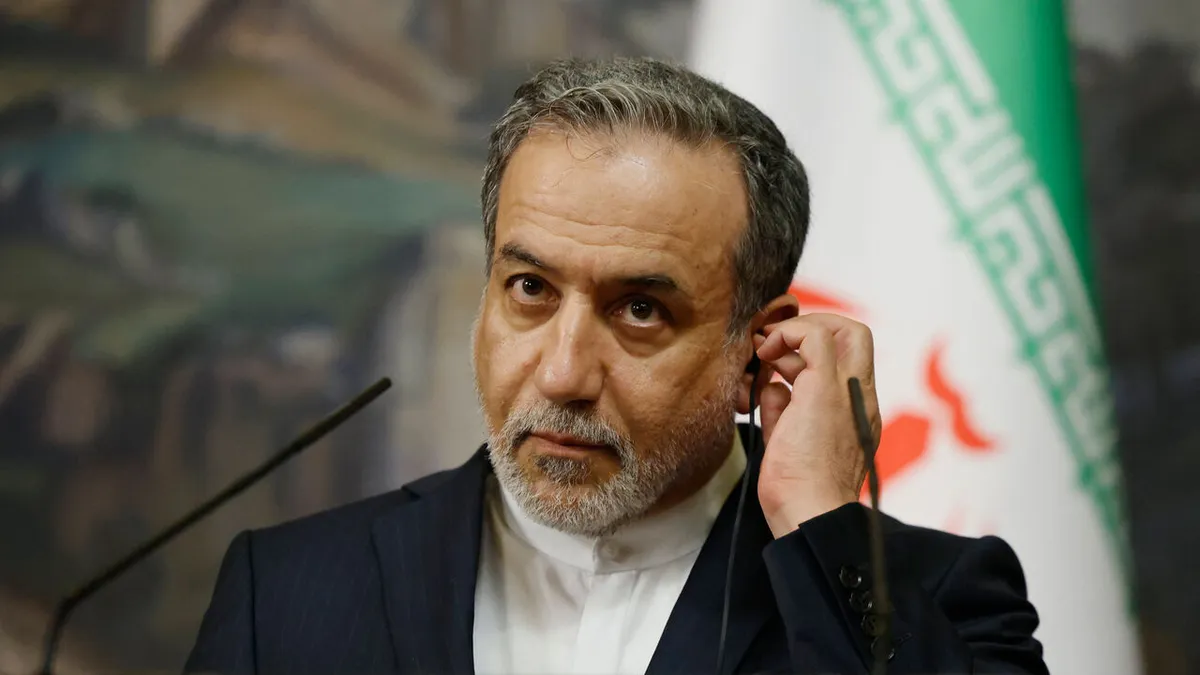
Abbas Araghchi is a familiar face at the prestigious Intercontinental Hotel in Geneva, a city that has become synonymous with diplomatic negotiations. His involvement dates back to 2013, during which he played a pivotal role in discussions aimed at reaching an interim agreement designed to freeze critical aspects of Iran’s nuclear program.
This initial agreement laid the groundwork for what would ultimately evolve into the Joint Comprehensive Plan of Action (JCPOA). Signed two years later, the JCPOA aimed to comprehensively address Iran's nuclear ambitions, thereby eliminating the dual threats posed by a potential Iranian nuclear bomb and military strikes from Israel against Iran.
Despite the optimistic expectations surrounding the JCPOA, the agreement failed to achieve its primary objectives. The situation escalated when former President Donald Trump made the controversial decision to withdraw the United States from the pact in 2018. This withdrawal not only undermined the agreement but also reignited tensions in the region, raising concerns about both nuclear proliferation and military confrontations.
The legacy of Araghchi's work in Geneva continues to resonate within the realms of international diplomacy and nuclear policy. His efforts were crucial in attempting to stabilize a volatile situation, but the subsequent unraveling of the JCPOA highlights the complexities and challenges of diplomatic negotiations in addressing nuclear threats.
As the world watches closely, the future of Iran's nuclear program remains uncertain, with diplomatic channels still essential for maintaining global security and peace.